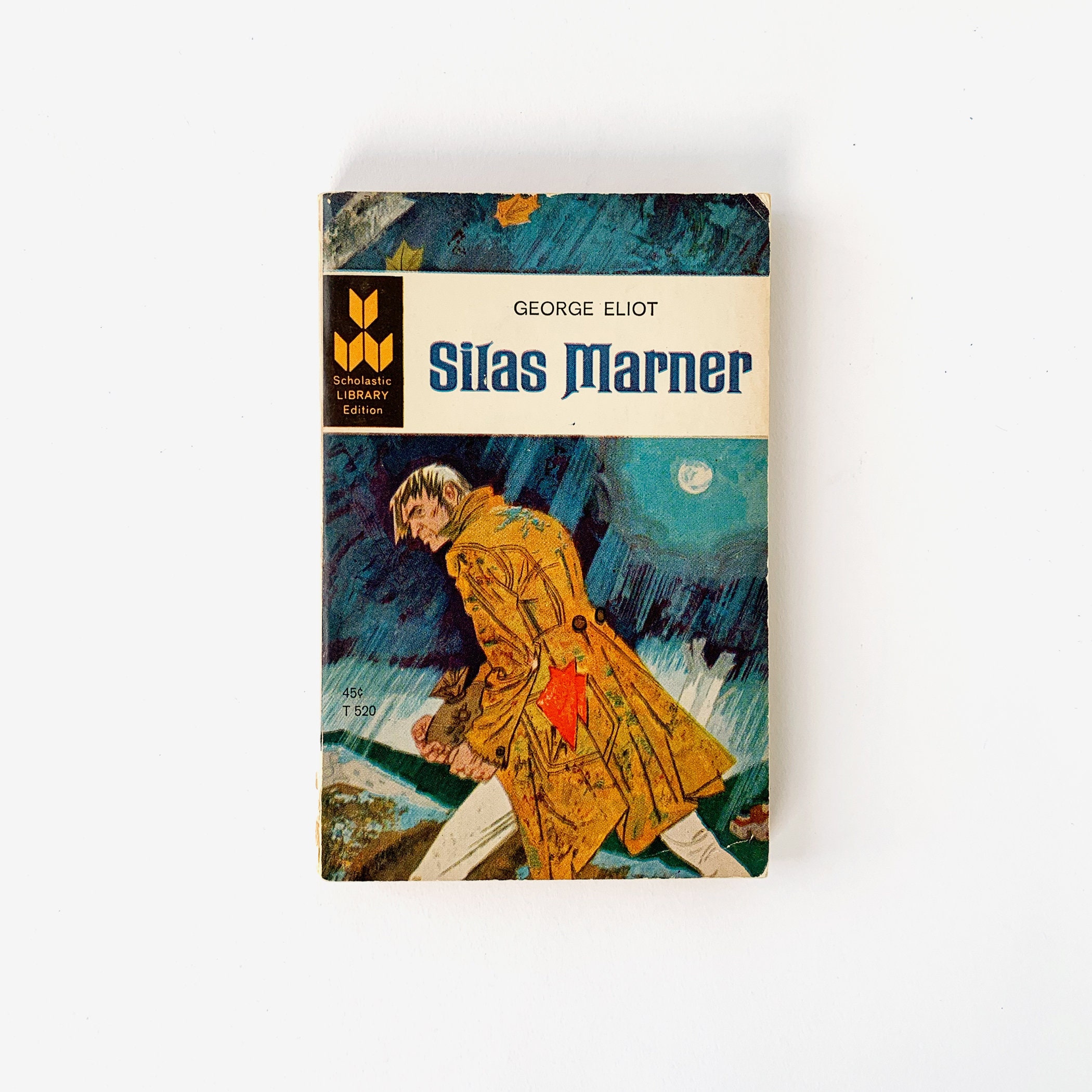

Silas does not know when a thief might have come. At first, Silas does not believe the gold is gone: he searches all over the cottage, thinking he may have hidden it elsewhere. The bricks are all in place, but the hole under them is empty. Not until he decides to count his gold before supper does he finds anything wrong. He sees nothing amiss because his eyes are weak. Silas comes in and warms himself by the fire. That supper is a piece of meat tied to its hanger with a string and his door key, which is the reason he failed to lock the door. He has been out after a piece of twine he needs for his work the next day, and now he is looking forward to his supper. He feels no alarm at having left his door unlocked because there has never been any need for a lock previously. The foregrounding of the Victorian moral disaster in Silas Marner does not however overshadow Eliot’s successful attempt to suggest new ethical lines that would be more adequate in the secular and industrialized age.As Dunstan leaves the cottage, Silas is no more than a hundred yards away. The crisis of morality also manifests itself through the multiplicity of personal, secular and relative ethical positions that are most of the time contradictory, making then living together quite a difficult matter. Such a crisis, which paradoxically starts in the church, can be traced both in the family private space and in the public and broader space of the society.

It also brings about a general moral crisis essentially illustrated by the immoral and or selfish attitudes of certain characters. This reality leads first to a crisis of faith that implies existential and social consequences as can be observed with the novel’s protagonist, Silas Marner.

Though given much importance in the Victorian era, at least in appearance, religion is no longer reliable to be source of moral standards.

The analysis concludes that the state of mind of most nineteenth-century British people is incompatible with the rigid Christian-based moral standards set by Queen Victoria (1837-1901) to maintain a high morality in a period where the UK is a world reference in nearly all domains of life. Using a Christian approach of ethics, the study examines how the advent of industrialization fosters a new mentality among Victorians, engendering therefore a crisis of ethics. Set in England in the early years of the 19 th century, Eliot’s novel offers a complex view of the ethical landscape of the UK in the era of Industrial Revolution. This paper is a reflexion on the morality of the Victorian society as reflected by the British Writer, George Eliot, in her novel Silas Marner (1861).


 0 kommentar(er)
0 kommentar(er)
